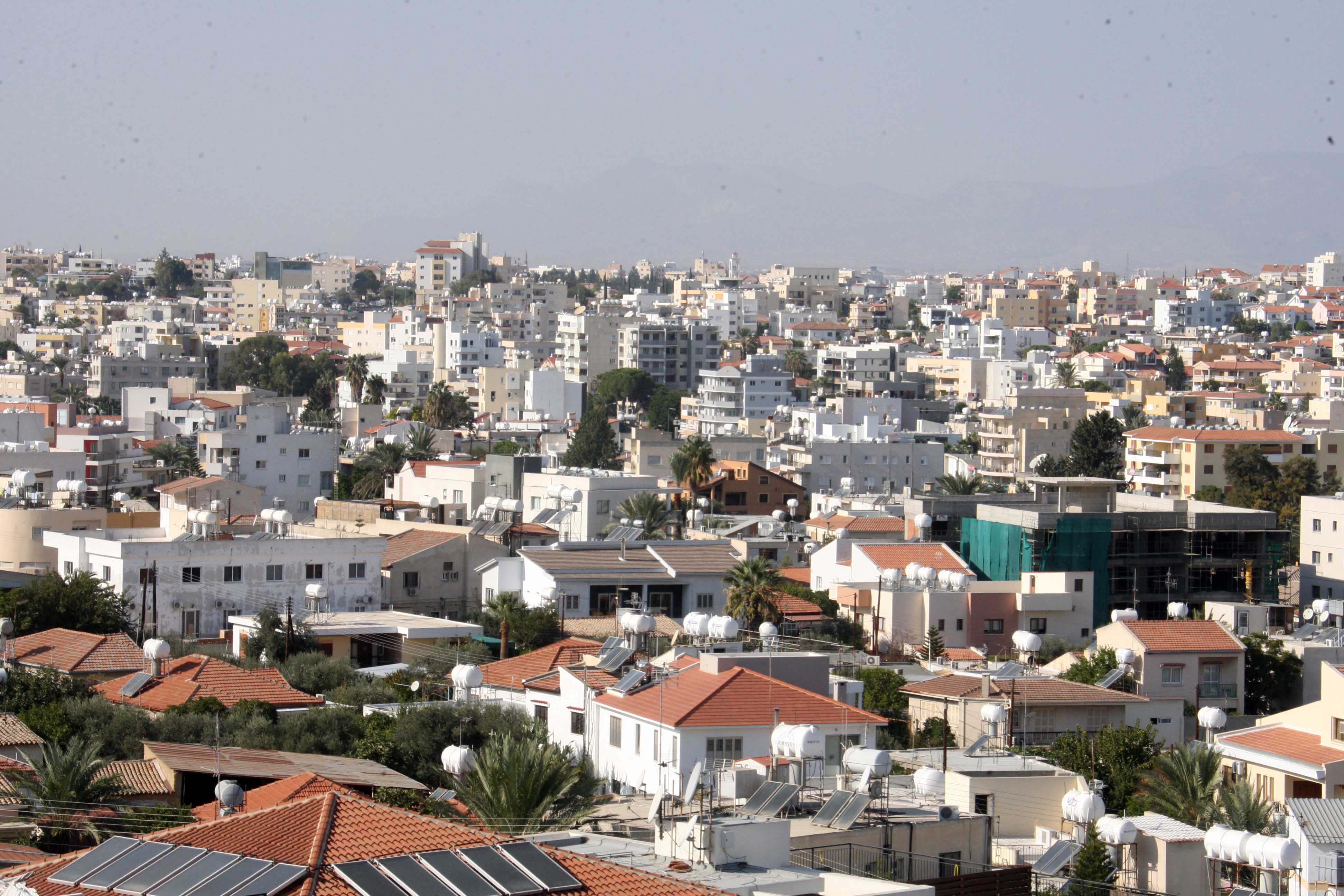By Africa Risk Control,NBE
Copyright newbusinessethiopia

By Africa Risk Control Central Africa Desk – Chad, a landlocked country in the Sahel region, is making important moves toward bolstering its economy through strategic investments in agriculture and energy.
With its national development plan “Chad Connection 2030” targeting US$30 billion in public and private investment, there’s renewed focus on enhancing food security, increasing energy access, and leveraging clean energy in response to climate pressures.
Below are the most promising sectors and opportunities, backed by recent data and active projects, followed by risks you need to consider.
Key Opportunities
Agribusiness & Value Chain Development
The World Bank’s ProAGRI (Agribusiness & Rural Transformation Project) launched in 2024 has committed US$150 million to enhance competitiveness and inclusiveness in agricultural value chains.
Key focus areas: sesame, groundnut, maize, fish, poultry, mango, and dates. This opens chance for investors in seed supply, processing, cold storage, quality control, and export/conformity labs.
Improved Seeds, Inputs & Productivity Gains
Under the ProPAD initiative, an e-voucher system has distributed over 5,000 tons of improved seed varieties. Yield increases up to 80% in certain zones since these interventions started.
Many smallholder farmers (including women, who are nearly 41% of beneficiaries) have had increased access to quality fertilizers, pesticides, and modern farming tools.
Irrigation & Climate-Resilient Infrastructure
With much of Chad’s agriculture rain-fed and vulnerable to climate shocks, there is strong potential investment in small-scale irrigation, solar-powered pumping, water storage, and drought-tolerant crop varieties. ProAGRI includes plans for climate-resilient infrastructure.
Aquaculture and Fish Farming
Fish value chains are part of ProAGRI. Chad is looking to boost fish farming, processing, and cold chain. Given fish consumption rising in urban centres, this is a growing market.
Agro-Processing & Export Opportunities
Mangoes, dates, groundnuts, sesame seeds are all promising export crops. There is scope for investors to set up processing (juices, dried fruits, nuts), packaging, storage. The project supports sanitary and phytosanitary (SPS) accreditation to meet export standards.
Energy Sector: Key Opportunities
Solar Power & Large-Scale Renewables
The Gassi and Lamadji project: funded by EUR 28 million via AfDB’s Desert to Power initiative, will include solar plants (15MW each) around N’Djamena, battery storage (6 MWh), and will generate about 61 GWh/year. Estimated to boost power supply by ~20%.
Centrale Solaire de Komé: A planned 300 MW solar PV + battery energy storage system (BESS) in Komé, in southern Chad. It will serve towns like Moundou and Doba, as well as oil facilities, displacing expensive hydrocarbon-based power. First power expected 2025.
Hybrid Solar & Wind (Plus Storage)
Projects to build solar and wind farms each with ~100 MW capacity to supply electricity to N’Djamena (the capital) under the Centrales d’Energie Renouvelable de N’Djamena scheme. There is also the Djermaya Solar Power Station (~60 MW planned) near N’Djamena.
Clean Energy Access & Off-Grid Solutions
Rural and off-grid energy solutions (solar mini-grids, solar irrigation) are particularly relevant given Chad’s low electrification rate in rural areas. Biomass and micro-hydro are emerging options for remote regions.
Support from Development Finance Institutions (DFIs)
Projects are attracting funding from bodies like AfDB, World Bank, Green Climate Fund. Public–private partnerships are being encouraged. The incentive frameworks, including tariff reforms and subsidies, are being shaped.
Strategic Context & Government Policy
Under “Chad Connection 2030”, the government plans to attract US$30 billion in investment across infrastructure, electricity, roads, digital economy etc. The plan aims at ~8% annual economic growth from 2025 to 2030.
The national oil and gas sector remains significant (Doba oil project producing tens of thousands of barrels per day), but the pivot to renewables is visible in the policy direction. Efforts to reduce dependence on imported fuel for electricity are strong.
Risks & Challenges
Political and Regulatory Uncertainty
– Recently, Chad has nationalized some upstream oil and gas assets, leading to disputes.
– Regulatory delays and permit risks remain for foreign investors.
– Infrastructure & Transmission Bottlenecks
– Even when generation is planned, grid connection, transmission lines, and consistency of supply are weak.
– Energy projects still rely heavily on support for battery storage and off-grid distribution.
– Financing & Cost Constraints
– Solar projects often require large upfront CAPEX; access to low-cost financing and guarantees will be important.
– Tariff frameworks sometimes unclear; cost of solar + storage must compete with fossil fuel sources.
– Environmental, Social & Climate Risks
– Projects in agriculture risk being impacted by climate variability, drought, poor soil.
– Solar farms etc. may involve land-use issues and local community disputes.
Risk Mitigation Strategies
– Conduct detailed due diligence on land, community needs, and regulatory approvals before investment.
– Partner with DFIs or use blended finance to reduce risk and cost.
– Use renewable-energy + storage to improve grid stability.
– Use climate-resilient crops and adaptive agriculture practices.
– Ensure transparent contractual terms, particularly on tariffs, PPP frameworks, and expropriation clauses.
In conclusion, Chad is at an inflection point: its policy ambitions, renewable energy potential, and efforts to modernize agriculture create many investment opportunities. Whether in solar power, hybrid renewables, agro-processing, or improved seed systems — investors who can navigate political risk, infrastructure gaps, and regulatory uncertainty have strong potential for returns.
For tailored due diligence, investment risk advisory, or market entry support in Chad and neighbouring Sahel/East-Central African countries, contact Africa Risk Control Central Africa Desk.
EDITOR’S NOTE: This article is contributed by the Africa Risk Control (ARC), an investigative due diligence and corporate intelligence firm. ARC is an affiliate of NewBusinessEthiopia.com and provides expert country-specific business insights, risk assessments, and advisory services across Africa. Learn more about ARC services here.



